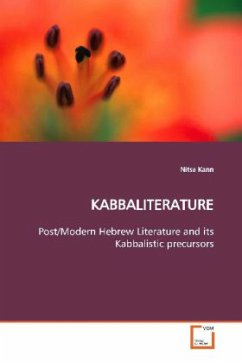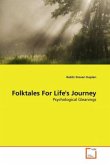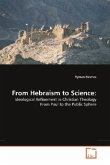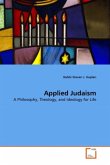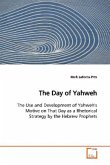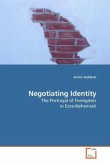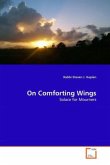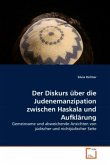This intertextual study explores the
interrelationship between some Hebrew writers and
kabbalistic texts. The premise is that some early
mystical texts have certain fundamental poetic
characteristics that became a fertile source for
later Hebrew literature. The nature of the
kabbalistic texts coincides with their infinite
interpretability, which can also be applied to
literary texts. This inquiry applies
this multi-interpretability as a method of
interpretation. The different varieties of
intertextuality in this study suggest a
rethinking of the religious/secular distinction in
regard to Hebrew literature, and especially within
the context of Zionism. The inquiry focuses on the
unique ways in which a secret doctrine is employed
in literary texts. In addition it examines the
general way in which intertextuality operates, and
enables new readings of both the literary texts and
their kabbalistic precursors. The study emphasizes
the common characteristics of the mystical
experience and the poetic experience. Both
kabbalistic and literary texts aim to communicate
the incommunicable while confined within the
boundaries of language.
interrelationship between some Hebrew writers and
kabbalistic texts. The premise is that some early
mystical texts have certain fundamental poetic
characteristics that became a fertile source for
later Hebrew literature. The nature of the
kabbalistic texts coincides with their infinite
interpretability, which can also be applied to
literary texts. This inquiry applies
this multi-interpretability as a method of
interpretation. The different varieties of
intertextuality in this study suggest a
rethinking of the religious/secular distinction in
regard to Hebrew literature, and especially within
the context of Zionism. The inquiry focuses on the
unique ways in which a secret doctrine is employed
in literary texts. In addition it examines the
general way in which intertextuality operates, and
enables new readings of both the literary texts and
their kabbalistic precursors. The study emphasizes
the common characteristics of the mystical
experience and the poetic experience. Both
kabbalistic and literary texts aim to communicate
the incommunicable while confined within the
boundaries of language.

